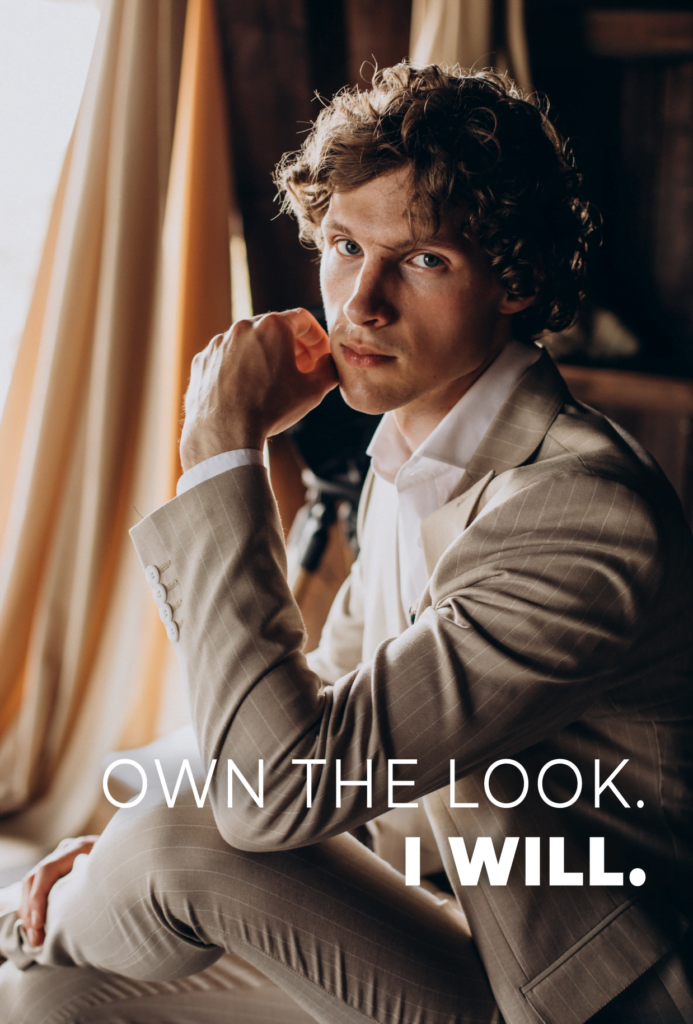
The age-old saying, “Dress for success,” may not be a mere cliché after all. Our clothing choices have a profound impact on our behavior and self-confidence, influencing the way we perceive ourselves and how others perceive us. Beyond mere aesthetics, the garments we choose to wear can shape our thoughts, actions, and interactions. In this article, we will delve into the fascinating relationship between clothing choices and behavior, exploring the psychological and sociological factors that underpin this connection.
Our clothing choices are more than just a means of covering our bodies; they are an extension of our identity and self-expression. The psychology of dressing posits that the clothes we wear can significantly influence our emotions, mood, and even cognitive processes. When we wear clothing that aligns with our desired self-image, we experience a boost in self-esteem and a sense of authenticity.
For example, donning a professional business attire can induce feelings of competence and authority, enhancing our performance in formal settings. In contrast, dressing in comfortable and casual outfits can promote relaxation and a more laid-back attitude, contributing to a sense of ease in social settings.
Studies have consistently shown that our clothing choices can influence our behavior, affecting how we act and react in various situations. This phenomenon is known as “enclothed cognition.” When we wear specific clothing associated with certain traits or roles, we tend to adopt the characteristics associated with those clothes.
A study published in the Journal of Experimental Social Psychology found that participants who wore lab coats believed to belong to doctors displayed increased attention to detail and exhibited behaviors associated with precision and accuracy. In contrast, participants wearing identical coats described as painters’ smocks did not show the same attention to detail.
Confidence is a critical element in how we navigate through life and interact with others. Our clothing choices play a substantial role in shaping our confidence levels. When we feel good about how we look, it reflects in our demeanor, body language, and overall presence.
The phenomenon known as “enclothed cognition” extends to confidence as well. Wearing clothing that makes us feel powerful, attractive, or comfortable can trigger a positive feedback loop, where our confidence levels increase, and we project a more assured and self-assured version of ourselves to the world.
Furthermore, wearing clothing appropriate for specific occasions or roles can also instill a sense of readiness and competence, further elevating our self-confidence in those contexts.
The correlation between clothing choices and behavior is a complex and fascinating interplay of psychological, sociological, and cultural factors. Our attire not only affects how we are perceived by others but also has a profound impact on our internal state and self-perception. Recognizing the power of clothing in shaping behavior and confidence can empower individuals to make intentional choices about their attire, allowing them to harness its potential to boost self-esteem, enhance performance, and navigate social situations with greater poise and authenticity. Remember, when you feel good in what you wear, the world notices.